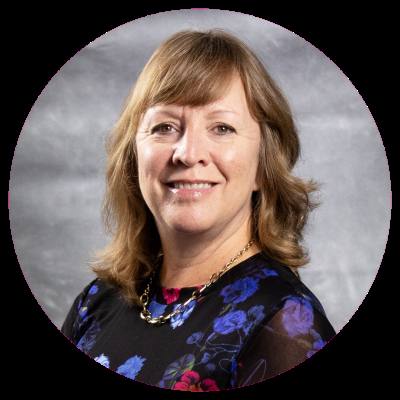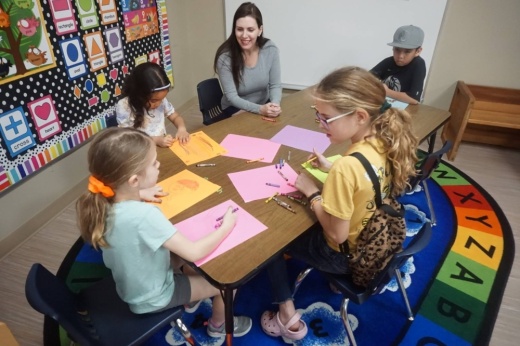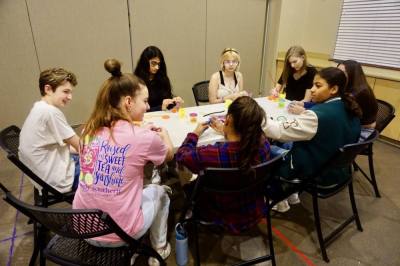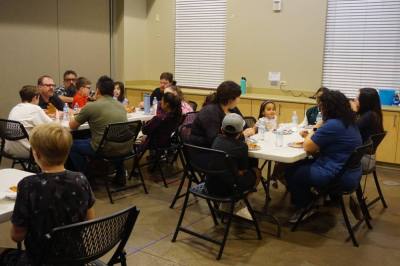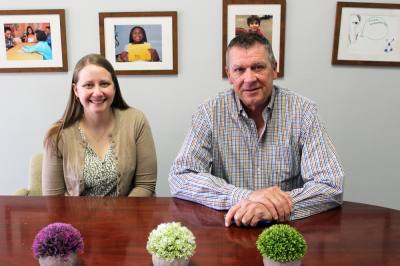“We are the soft landing, a place where kids don’t feel alone in their grief journey,” Newman said. “People can be afraid to talk about the death [of their loved one]. We teach that grief is not a sign of weakness.”
The backstory
In 1996, in an effort to help children deal with death, Plano ISD school counselors Hila Pepmiller and Judy Sims attended a presentation by the WARM Place in Fort Worth. WARM, or What About Remembering Me Center Inc., opened in 1989 and serves children and families dealing with grief by offering peer support groups, potluck dinners and family events. Following the presentation, the two PISD counselors determined this was a service needed in Collin and Dallas counties.
Along the way, five other like-minded professionals joined the effort, and in 1997, Journey of Hope became a nonprofit organization.
The approach
Journey of Hope offers twice-a-month meetings at First United Methodist Church in Plano and Grace Avenue United Methodist Church in Frisco. Although the meetings take place in churches, Newman assures that the meeting content is nondenominational and always free to attend.
Every meeting will begin with a dinner, then the children will go to groups based on their grade level starting as young as pre-K. There are also groups for 18-25-year-olds. Parents and caregivers are divided into groups based on their relationship with the person who died.
Activities are age-appropriate with a goal of giving participants the opportunity to share memories about their loved ones. Activities can include art projects, charades, journaling and more.
Groups are led by volunteers who have completed a criminal background check and 10-hour facilitator training course.
Dick Evans, Journey of Hope interim executive director, said many group facilitators were former participants, and over half have experienced the death of a loved one.
What makes them special?
Newman said families come to them at all stages of their grief journey. Some have recently experienced the death of a loved one while some come months or years after the death.
“Our secret sauce is the peer-to-peer model,” Evans said.
Newman said the length of time people need to come to the meetings is varied as well.
“They find common ground and start to connect," Newman said. “They talk to someone who is further along their journey of hope and feel supported.”
Get involved
There are many ways to support Journey of Hope, including becoming a facilitator, sponsor a dinner, donate financial support or offer skills.
- 3900 W. 15th St., Ste. 306, Plano
- www.johgriefsupport.org


